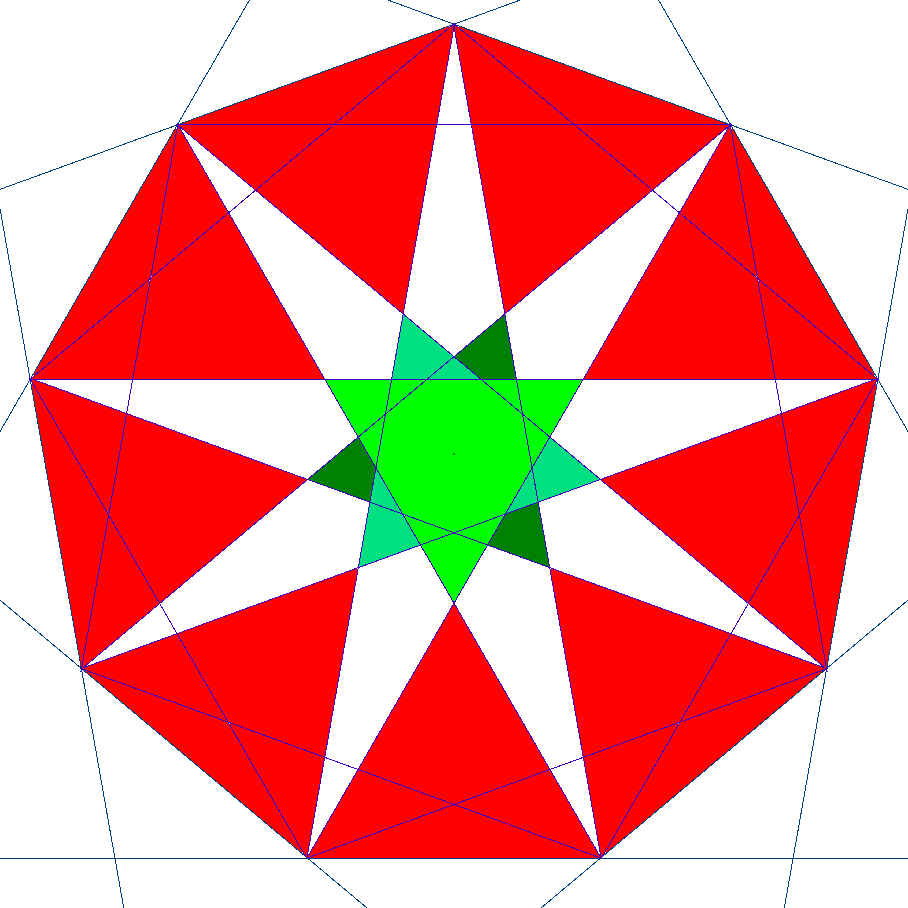 |
Craig White's Literature Courses Critical Sources
poetry training |
 |
Craig White's coursesite: http://coursesite.uhcl.edu/HSH/Whitec
College Board Suggestions for Studying Poetry
6th
– 12th Poetry TEKS
A presentation on poetry in 4 parts (Terms)
Introduction: purpose of art to entertain and instruct; what is beyond testing and what isn't.
1. Paradox of poetry: strange but familiar: make or reinforce positive associations
Emily Dickinson, Dare you see a soul at the white heat? (Devon)
meet your students (or audience) where they are
Poetry is exotic but also intimate or familiar:
Cullen, Yet Do I Marvel (Julie)
Cullen, For a Poet (Julie)
[discuss: how do you keep poetry's attractive strangeness while making it familiar or acceptable?]
2. Not what poetry means but how it means
Not "what the poem is trying to say"--if the poet had wanted something as simple as a prose paraphrase, the poet would have written prose. (line of poem = sentence of prose; stanzas = paragraphs)
Instead, how the poem says more than mere prose can say.
College Board Suggestions for Studying Poetry
6th
– 12th Poetry TEKS
Student poem (Liz)
[discuss: Which techniques or terms to prioritize? What are students ready or inclined to learn?]
3. formal verse and free verse
Poetry not merely sensible (like prose) but sensory
Poetry works through sound (aural pleasure and order) and sight (visual images and meaning)
4. Speak poetry > Make poetry
Writing poetry teaches poetry.
Today's exercises in generating poetry: low stakes and group-oriented
Each of you will control 2 sheets of paper on which you will start 2 poems—1 fixed verse, 1 free verse
At least 3 neighbors will write additional lines to the poems you start.
Outcomes: We'll look at a few sets of lines on the projector and identify techniques.
Possible extended outcomes: Use the lines as a base for development or production.
If you assign your students to write a poem, this exercise would succeed in getting some lines down on paper, which they could accept, reject, or revise.

[ ]
—